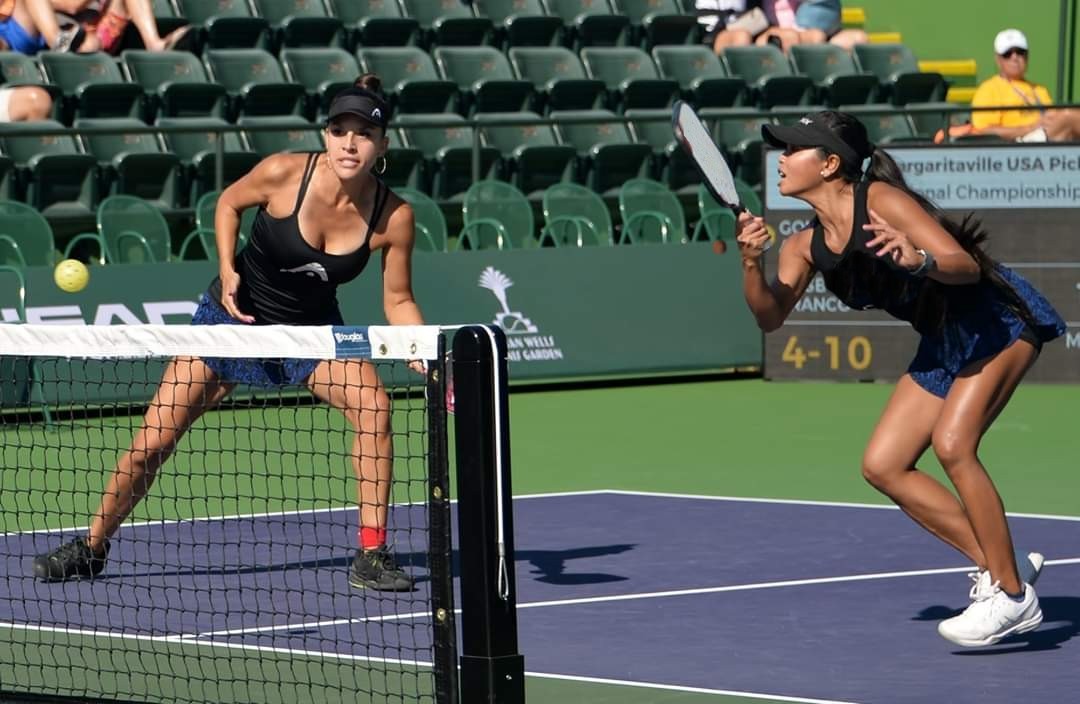Each time you go out to the court to play a game of pickleball, you should be honest with yourself about why you’re playing and what you’re trying to achieve on this particular occasion. If this game is just part of a social occasion, then there’s not much to think about other than having fun with your friends. Other than social occasions, many pickleball’s focus primarily or almost exclusively on winning their game. There’s a time and a place for that attitude, but it’s not the best one for learning and improving your game.
If you want to maximize learning results from a game, first identify the one or two specific areas of your game you want to improve through the match that’s just ahead. A reasonable set of learning objectives you might have for a game is to improve your serve and return of serves. Next, understand specifically how you’re planning to improve these two shots – perhaps you’re going to focus on keeping both your serves and returns of serves deep, within three feet of your opponent’s baseline. So just before you hit each serve and return of serve remember – keep this shot deep. Then after executing your shot, keep mental notes on how often you’re able to achieve these objectives.
Sometimes when I’m playing to learn, I have a difficult time keeping track of the score because I’m trying to keep track of something else. I’ve even mentioned to my partner what I’m doing and ask him/her to help me keep track of the score. Can you plan just as well and win as many games when you’re primarily focused on learning rather than winning? I believe the answers to that question is “no.” When you’re playing to win, your mind should be focused 100% on that objective and nothing else. When you’re playing to win you tend to rely on the shots in which you have the highest confidence, so you tend not to experiment or try to learn something about a shot you’re trying to improve.
When you play to learn, you will learn something that can improve your game but expect your competitive results to suffer a bit. You should not expect to play terribly, but a small decline in overall performance is likely – but that’s the price you must pay to learn and improve. I’m often asked if players who want to improve should try to play against much better players. I believe that’s generally not the best way to improve.
Watching and studying much better players makes a lot of sense. These observations can provide some valuable insights into how you can improve your game. But if you compete with much better players, you will likely feel anxious and focused on not looking bad, so you will tend to “shrink” your game to only those shots you’re the most confident in making. The most likely outcome from playing with much better players is you have a lot of improvements to make.
There is fairly conclusive evidence that playing with others at your same approximate level, but “playing to learn,” is the best way to improve your game. This doesn’t mean you should always focus on learning and not playing to win, only that you should do both on different occasions but not at the same time.



